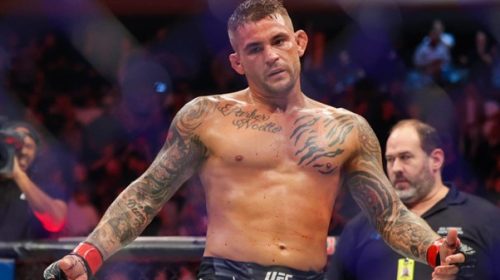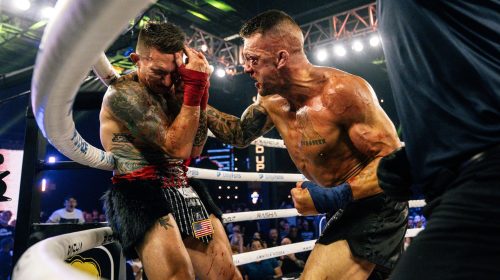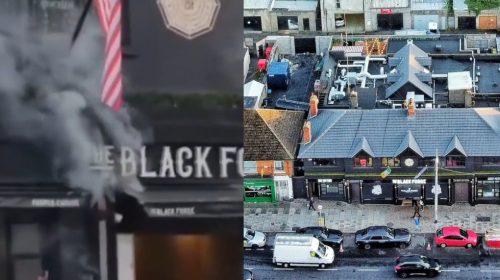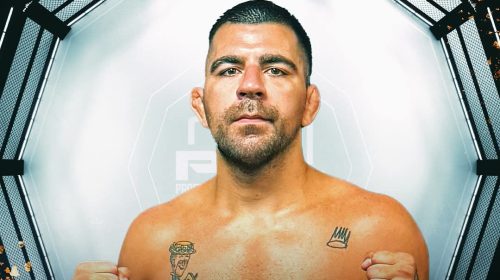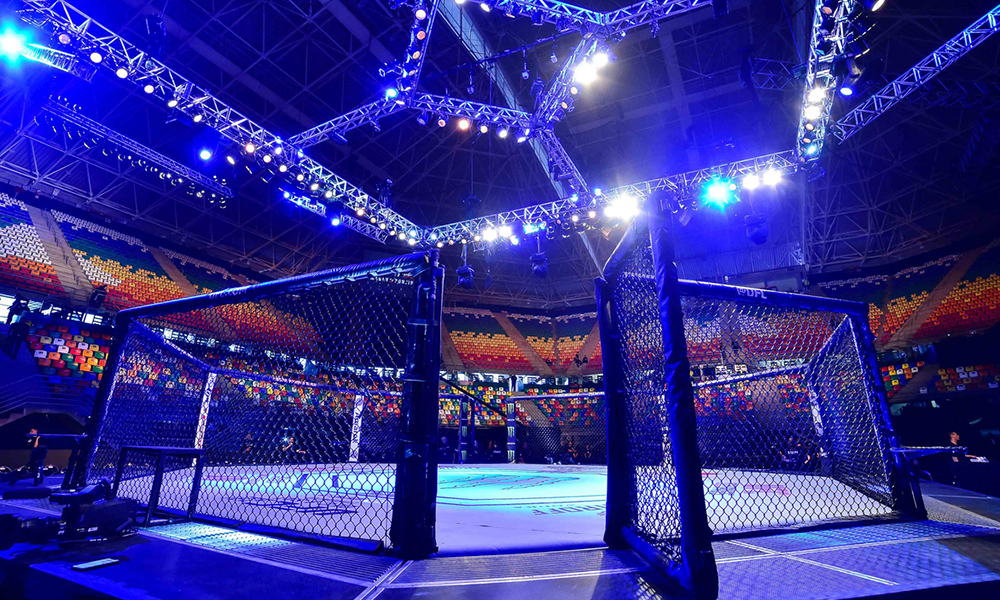
MMA Struggles to Function Despite COVID-19
MMA Struggles to Function Despite COVID-19
The coronavirus is taking a toll on all areas of life including employment, family life, travel, SlotoCash Casino gambling and freedom of movement. But for sports fans around the world, the shutdown of sporting events means that even while sheltering at home, they can’t enjoy their favorite form of recreation.
The UFC is trying to maintain the events schedule for MMA promotions, but chances are that most won’t proceed. Some may come off, especially those that are backed by big promoters and billions of dollars. But regional organizations have already written off “Fight Island.” Shamrock FC, which is one of MMA’s longest-tenured institutions, has been cancelled. Jesse Finney, former pro fighter and owner of Shamrock FC was devastated. “We’ve been doing this for 22 years, “ Finney said. “We’ve never been through anything like this ever. I also think we’ve never ever canceled an event. We’ve had 328 events. We’ve (recently) had to postpone two, and we canceled one. It was the first time ever we’ve canceled an event. I always take a lot of pride in the fact we’ve never canceled an event.”
“This isn’t a Shamrock FC problem. This was a global problem,” said Finney, stating the obvious. “My kids are 8 and 6 years old. This is about safety. God forbid I would give it to my kids, or someone would get it and give it to their grandparents? It’s not moral along those lines. That’s what was going through my mind more than anything else.”
Up until coronavirus hit Matt Frendo, promoter of Lights Out Championship thought that there was nothing that he hadn’t seen. Lights Out is a MMA rising promotion. According to Frendo, promoters don’t have as much to lose as fighters from a business perspective. So, the promoter is in a tricky position. He wants to protect his fighters from financial hardship, but he has to make decisions based on safety and health.
“Dealing with MMA, I’m pretty much prepared for anything in life now because of the other ever-changing business of MMA,” said Frendo. “Things getting (changed), last-minute dropouts, hours before a show, a board breaks in your cage – I’ve dealt with everything possible in the sport, but never something like this. It comes down to being told I can’t do a show. Even if we were told right now, we could do the show, you have to take a look at morality at that point. Is it even smart to do the show with what is going on?
Frendo is thankful that he’s in a position where he doesn’t need to put profit over the welfare of fighters, staff and fans. “I don’t have a crazy overhead. … For me, a shutdown doesn’t hurt me or help me. It is what it is. It’s definitely halting business, and it sucks for the fighters that can’t make a living. They can’t fight or progress their careers at all. We have a ton of guys here in Michigan that are right on the cusp of getting the call to the UFC. They might need one or two more fights, and I’m not able to give that to them right now. It sucks.”
Challenges
Other promoters agree that it’s the fighters – those whose livelihoods and careers are dependent on the promoters — who will feel the full impact of the cancellations. Jimmy Burchfield Jr., a combat sports promoter of CES MMA, wonders how promoters can meet the challenges that seem certain to follow for years to come. Burchfield had to postpone a recent boxing event as well as CES 61.
“That’s going to be the challenge now, right?” said Burchfield. “You take that window of opportunity where we’re going to lose, at minimum two, three, or four events. It’s going to be a huge challenge to get all of these fighters the fights they need in a shorter window for time. It’s going to put a lot more pressure on companies like us that are always balancing the cash flow versus the resources to put on these events. That’s definitely going to be a challenge. … We’re at a lost revenue. Fortunately for our organization and the way we run, we’re running lean and mean. It’s not like we’ve got a huge cash flow. We’ll be OK.”
When a promotion suffers, the losses snowball in regional MMA. Officials, set-up crews and others are also hurt. Sunny Sareen of the Western Canadian promotion Unified MMA noted that “People don’t know how much goes into promoting an MMA show. It just keeps going from athlete to production crew to the hotels you’re booking, the marketing guys. It’s tough for everybody to see.”
Fighters
When all is said and done, it all comes down to the fighters and most promoters think that coronavirus will be devastating for the majority of the fighters. Sareen notes that unlike the UFC, which streams events on FITE TV or Fight Pass and isn’t dependent on fans being present, regional MMA relies mostly on ticket sales. That regional scene may not return for quite a while.
“We’ll just run our decisions on science and facts,” Sareen said, as he explained that Canadian health officials need to sign off before he can start selling tickets again. “We’ll follow the Alberta Health Services guidelines. If they see a decline in this virus or they’re flattening the curve, we’re going to need to see it’s safe. There’s safety for the fighters. There’s safety for the community and the fans coming into the event. Then, we’d love to move forward with an event.”
Optimism
When all was said and done though, promoters believe that despite the difficulties ahead, there’s reason for optimism. Finney summarized their assessment. “We’re going to be here for a long time to come,” he said. “This is just a hiccup for everybody. This is more than MMA. This is more than canceling an event. This is about life – life and death. I know for me, when my back is against the wall, it’s usually when I do my best work. We’re going to be fine. … We’re going to get through this. It’s just a hiccup…..in a weird way, I think it’s God’s plan so everybody gets grounded again. I really do. It’s an unfortunate time, but we’re going to get through it.”
Even though the regional scene isn’t as lucrative as the UFC and doesn’t have international broadcasts or feature fighters who are known to spectators around the world, the regional scene is recognized as the foundation of the MMA. It’s raw MMA and the fighters are used to facing obstacles. Promoters are confident that this will carry them through.


